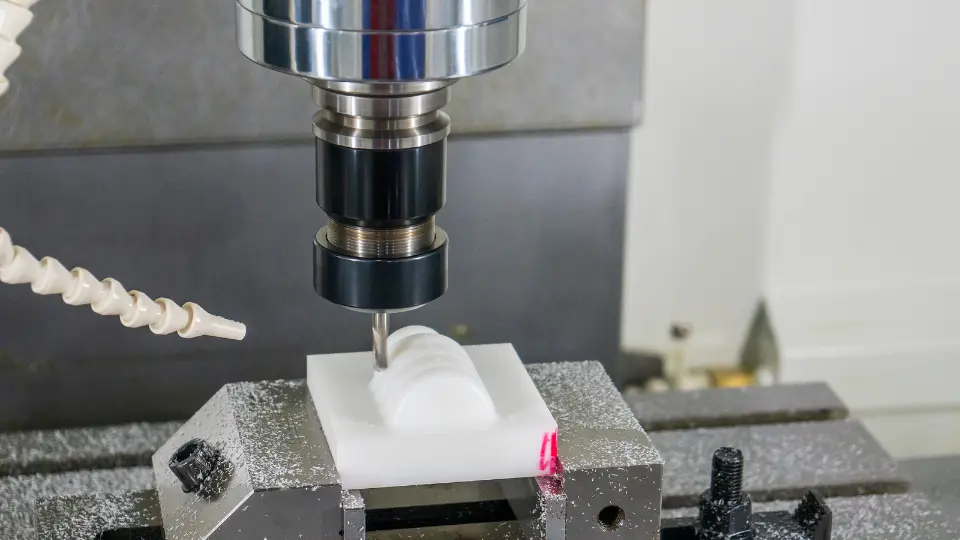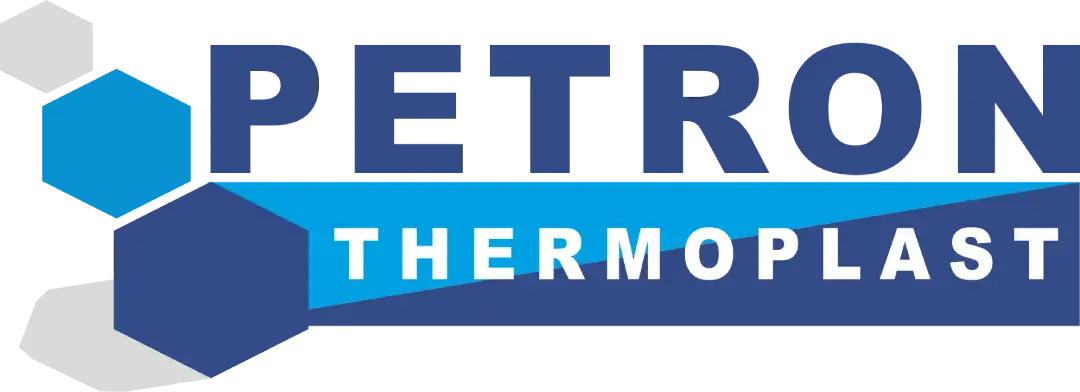

Description
Plastic machining has become an essential part of modern manufacturing, providing unmatched flexibility, precision, and cost savings. It is used to create intricate parts for medical devices and strong components for industrial machinery. The ability to mold plastics accurately has created new opportunities for innovation and efficiency. In this blog, we will tell you more about the importance of plastic machining, its precision, and the different ways in which these machined parts are used.
Understanding Plastic Machining
Plastic machining involves the removal of material from plastic workpieces using tools such as mills, lathes, and routers. Unlike molding or extrusion, machining provides more flexibility and allows you to create complex shapes and fine details, making it perfect for both prototypes and finished products.
Key Advantages of Plastic Machining
Versatility
Plastic machining can handle a wide range of materials, including ABS, PVC, PTFE, PEEK, and UHMW. Each material offers unique properties suited to specific applications, from high-temperature resistance to excellent mechanical strength.
Precision
Modern CNC (Computer Numerical Control) machines enable high-precision plastic machining, achieving tolerances within micrometers. This precision is crucial for components that require exact specifications to function correctly.
Cost-Effectiveness
Plastic materials are generally less expensive than metals. Additionally, the machining process for plastics often requires less energy and tooling, reducing overall production costs.
Speed
Plastic machining is typically faster than other manufacturing processes such as injection molding, especially for low to medium-volume production. This speed allows for quicker turnaround times and faster product development cycles.
Customization
The flexibility of plastic machining allows for easy customization of designs. This is particularly beneficial in the prototyping phase and for bespoke manufacturing requirements.
Applications of Machined Plastic Parts
Medical Devices: Precision-machined plastic components are essential in the medical industry. They are used in surgical instruments, diagnostic equipment, and implants. Materials like PEEK and PTFE are preferred for their biocompatibility and sterilization capabilities.
Automotive Industry: In the automotive sector, machined plastic parts contribute to weight reduction and improved fuel efficiency. Components such as gears, bearings, and dashboard elements benefit from the precision and durability of plastic machining.
Aerospace: Aerospace applications demand materials that are both lightweight and strong. Machined plastic parts meet these requirements, being used in aircraft interiors, ducts, and various non-structural components.
Electronics: The electrical and electronics industries rely on plastic machining for components that require high precision and insulation properties. Examples include housings, connectors, and insulating components.
Industrial Machinery: Machined plastic parts in industrial machinery reduce friction and wear, enhancing performance and longevity. Applications include bushings, rollers, and wear strips.
Consumer Goods: From household appliances to recreational equipment, machined plastic parts are found in numerous consumer goods. The ability to produce complex shapes and fine details ensures both functionality and aesthetic appeal.
Precision Machining Components
Precision machining of plastic components involves several critical aspects:
Tool Selection
The right selection of tools is essential for achieving a high-quality finish and maintaining tight tolerances. Tools must be sharp and suitable for the specific type of plastic being machined.
Machining Parameters
There are various parameters, including cutting speed, feed rate, and depth of cut that must be carefully controlled. These parameters vary depending on the plastic material and the desired outcome.
Cooling and Lubrication
To achieve smooth cutting and avoid overheating, Proper cooling and lubrication is an important step. Some plastics are prone to melting or deforming under heat, making cooling particularly important.
Surface Finish
Achieving the desired surface finish is critical, especially for components used in high-precision applications. Techniques such as polishing and grinding may be employed post-machining to enhance the finish.
Quality Control
Rigorous quality control measures, including dimensional inspections and material testing, ensure that machined parts meet all specifications and performance standards.
Technological Advancements in Plastic Machining
Advanced CNC Machines: The latest CNC machines offer enhanced capabilities, such as multi-axis machining, which allows for more complex geometries and improved precision.
CAD/CAM Integration: The integration of Computer-Aided Design (CAD) and Computer-Aided Manufacturing (CAM) software streamlines the machining process, from design to production. This integration ensures accuracy and efficiency in producing machined parts.
Automation and Robotics: Automation in plastic machining reduces human error and increases production rates. Robotic systems can handle repetitive tasks with consistent precision, enhancing overall productivity.
Hybrid Manufacturing: Combining plastic machining with additive manufacturing (3D printing) enables rapid prototyping and the production of complex parts that would be challenging to machine alone. This hybrid approach offers greater flexibility and innovation.
Conclusion
Plastic machining has become a game-changer in modern manufacturing. It offers a powerful combination of versatility, precision, and affordability, making it ideal for creating high-quality components across countless industries. With ongoing advancements in CNC technology, tooling, and automation, machined plastic parts are upgrading and becoming even more capable.
By utilizing the benefits of plastic machining, manufacturers can achieve greater efficiency, flexibility, and innovation in their production processes. As the demand for precision and performance grows, plastic machining will remain a critical technology in the ever-evolving landscape of modern manufacturing.
